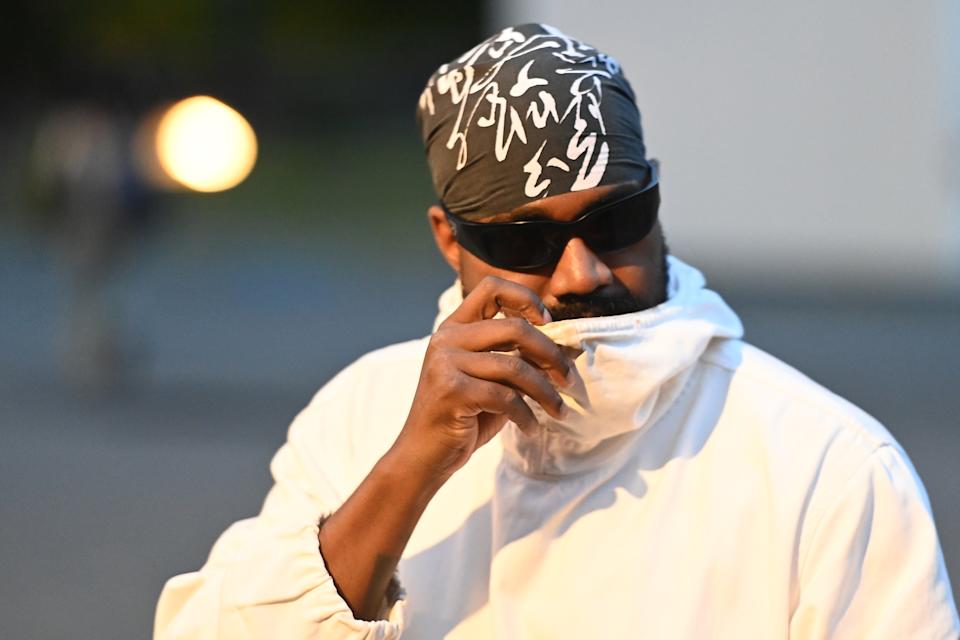Kanye West’s Cuck leaks online music, hate, and the ethical crossroads of culture
Once again, Kanye West is dominating headlines—but not for innovation or artistry. This time, it’s for the leak of his controversial unreleased album, Cuck, which has ignited a digital wildfire and reignited debates over hate speech, accountability, and artistic responsibility.
The entire album—previously shelved due to its inflammatory content—surfaced online this week after being hacked and leaked via Discord. Within hours, it spread to platforms like YouTube before swiftly being taken down. The hackers behind the leak claimed it was a deliberate act of protest against Kanye’s antisemitism, stating that all proceeds were donated to the U.S. Holocaust Memorial Museum. Their message? “F**k Nazis. 50-year-old loser promoting fascism and hate speech”.
Cuck: Art Or Extremism?
At the center of this storm is Cuck, an album that has struggled to find a home on digital streaming platforms (DSPs), likely due to its controversial imagery and explicit hate-filled lyrics, including the widely condemned single, Heil Hitler. The song was pulled from major platforms less than 24 hours after its surprise release, prompting West to lash out on social media, accusing streaming services of double standards.
West’s comparisons to historical examples—like Randy Newman’s Rednecks or John Lennon’s Woman Is the N-gger of the World—fall flat for many critics. Those songs were framed as commentary on racism and inequality, whereas West’s latest work seems to blur, if not obliterate, the line between critique and celebration of hate.
On Heil Hitler, West makes chilling proclamations like, “I became a Nazi, yet b—, I’m the villain,” and “N-gga, Heil Hitler,” further escalating his now multi-year campaign of polarizing, antisemitic rhetoric. The album cover reportedly features members of the Ku Klux Klan, a visual choice many interpret as both provocative and disturbing.
The Ethics Of Leaking And Listening
The Cuck leak adds another layer to an already complicated narrative. While leaking unreleased music is typically frowned upon—and often illegal—the hacker group framed this act as digital resistance, aiming to expose the material as a warning, not a celebration.
This leak isn’t just about piracy—it’s about protest. And it raises urgent questions such as: Should hateful content be buried or exposed? Do platforms have a moral obligation to curate their catalogs—or does censorship carry its own risks?Where does protest end and platforming begin?
A Cultural Inflection Point
Kanye West is no stranger to controversy, but Cuck represents something far more volatile than the provocations of his past. It’s a manifesto drenched in extremism, and it’s forcing the music industry, fans, and platforms alike to confront a harsh reality: when an artist trades innovation for inflammatory ideology, what remains?
Whether Cuck will ever see an official release remains unknown. But one thing is certain: this album isn’t a misunderstood masterpiece—it’s a cultural Rorschach test. And how we respond—as listeners, curators, and citizens—will help define where the line between “free expression” and “harmful speech” truly lies.
Nonetheless, Kanye West’s artistic legacy is now being rewritten in real time—by his choices, his lyrics, and the global reaction to them. Cuck may never officially drop, but its leak has already made its impact felt. It’s up to us to decide whether to give it power—or dismantle it with collective accountability.






